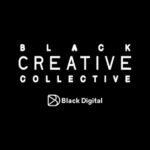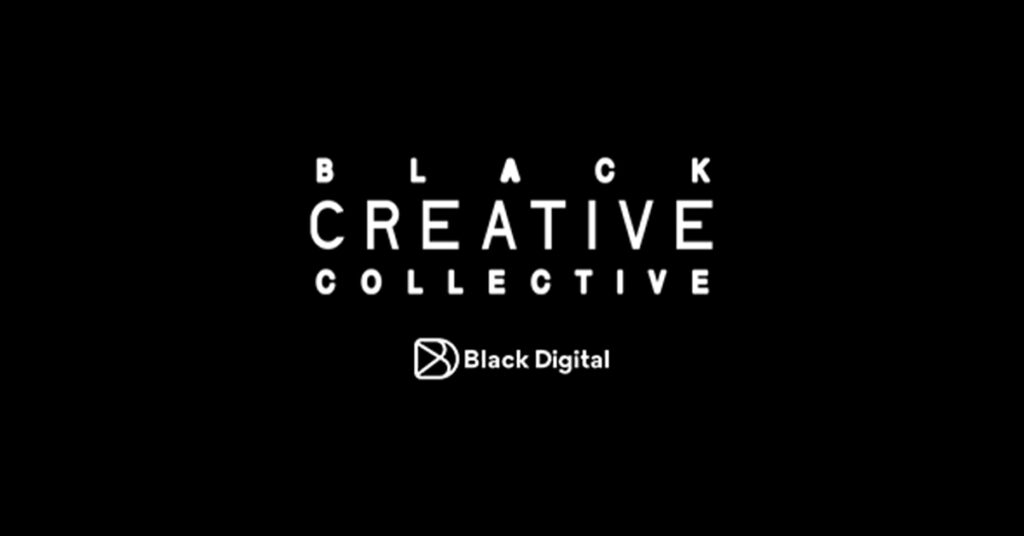COVID highlighted the disparity in health outcomes based on race.
The racial disparity in health outcomes was prevalent before the COVID-19 pandemic, but this widespread health crisis highlighted that health outcomes can significantly vary between Black and White people.
According to The COVID Tracking Project, during the first year of the pandemic, Black people in the United States died of COVID at 1.4 times the rate of White people. All racial minorities, except for Asians, died of COVID at a higher rate than White people.
So why did this happen? Do Black people have inherently worse immune systems? Of course not. Many socioeconomic factors contributed to the higher exposure to COVID and the higher death rate.
Generations of disenfranchisement have led to lower income and less education, which has led to Black people being disproportionately in jobs where their risk of exposure to COVID is higher.
Median household income in 2021 was $77,999 for White people but just $48,297 for Black people. This points to the idea that Black people are more likely to work lower-income jobs that require in-person interactions.
Countless white-collar workers could perform their jobs remotely during the pandemic, but trade workers and service industry workers, in large part, weren’t able to change how they worked. Cashiers still had to interact with people in person, and for the most part, all they could do was wear a mask and hope for the best.
Black people are also much likelier to live in urban areas where higher population densities make it easier for disease to spread.
Having established that Black people were likelier to come into contact with COVID, it’s imperative to note that’s only one reason their mortality rate was so much higher.
Lower income also contributes to less access to healthcare. Black people are nearly twice as likely to be uninsured for health coverage than White people, with 10.6% of Black people being uninsured compared to 5.9% of White people.
COVID merely highlighted inequities that have existed for generations.
COVID is the latest and most prominent example of the disparity in health outcomes based on race, but it’s far from the first.
According to the American Association for Cancer Research, cancer mortality among Black men is 19% higher than that of White men. It’s 12% higher for Black women than White women, even though Black women get cancer 8% less often. These figures are after the gap has closed in the past few years.
So again, it raises the questions: Are Black people inherently prone to cancer? Are their bodies not as good at fighting off cancer?
Of course not. This is another example of how lower average income and less access to healthcare have led to worse outcomes for a disease that people have been dealing with for thousands of years.
How information campaigns targeted at Black people can help improve health outcomes.
To truly solve the disparities in health outcomes, we need to close the gap in income so that the Black community can access better healthcare. Having more Black medical professionals would also help decrease implicit bias in medical care.
These are generational problems with no easy answers. One thing that can be done in the meantime is to have communications campaigns targeted at Black people to help inform them about how to improve health outcomes.
The Black Coalition Against COVID, in coordination with the U.S. Department of Health and Human Services, enlisted the help of public figures like Michelle Obama for Public Service Announcements (PSAs). The NBA released a PSA in which basketball legend Kareem Abdul-Jabbar gets vaccinated on camera, with the overarching message, “Let’s Do This Together.”
These are trusted public figures, and their endorsements of the vaccine certainly help, but they aren’t the end-all-be-all. There also needs to be effective communication of the vaccine’s safety and efficacy, and how getting COVID is much more dangerous than getting vaccinated.
There are historical reasons for vaccine hesitancy in the Black community, the most famous being the Tuskegee Study. It was an experiment conducted by the U.S. government from 1932 to 1972 in which they infected unknowing Black subjects with syphilis to test its long-term effects when left untreated.
While we’re far removed from this atrocity, people remember, and the distrust often persists. That’s why it’s imperative when directing PSAs toward Black consumers to present the information they need to make an informed decision. The Black Coalition Against COVID does a great job of this on its website. Their homepage includes infographics that show just how numerous the COVID deaths in the U.S. are, and they juxtapose that with the surprisingly small percentage of people who have received the most recent booster shot.
As is usually the case, the racial disparity in healthcare and knowledge of the proper steps individuals can take to protect themselves can largely be boiled down to funding. The Corporation for Public Broadcasting donated over $300,000 to fund COVID PSAs directed at Black and Indigenous people nationwide; a great example of a company participating in activism that makes a difference, rather than projecting their stance on an issue but not doing anything to help.
Through sharing information and fundraising, we can improve health outcomes in the Black community. More importantly, these organizations need to gain the trust of the people with which they’re trying to communicate, which can only be done through sustained service to those communities over years.





